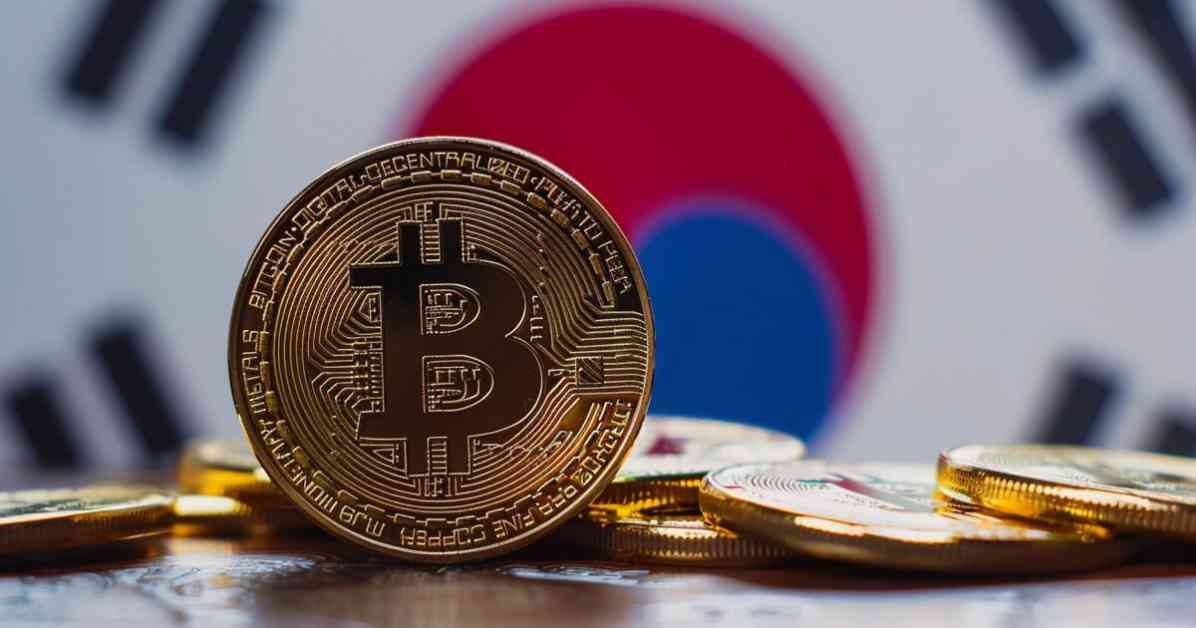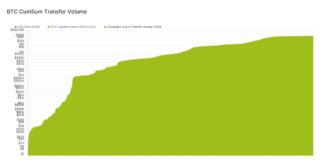South Korea is considering approving spot Bitcoin ETFs. The country’s Financial Services Commission (FSC) has established a Virtual Asset Committee to discuss the approval of crypto ETFs and the authorization of corporate accounts. The committee, led by FSC Vice Chairman Soyoung Kim, includes representatives from government departments and private sector members.
Currently, Bitcoin and other crypto ETFs are prohibited under the South Korean Capital Markets Act, along with corporate accounts for digital assets due to concerns about anti-money laundering compliance. To assist users in recovering assets from service providers that have ceased operations, the FSC has also created the Digital Asset User Protection Foundation, a non-profit organization.
Chairman Kim Byung-hwan emphasized the agency’s commitment to developing a robust monitoring system to protect virtual asset users. The FSC is reviewing renewal applications for digital asset service providers, with some registrations set to expire in October 2024. The regulator is focused on investigating vulnerabilities in the trading monitoring system and enforcing strict measures against unfair trading practices.
Furthermore, the FSC plans to implement the second phase of legislation, which includes additional regulations on the business activities of crypto service providers, to enhance the regulatory framework for crypto in the country. The approval of spot Bitcoin ETFs in South Korea is expected to reduce the “Kimchi premium” by allowing arbitrage mutual funds and market makers to enter the market.
The Kimchi premium refers to the phenomenon where crypto prices in South Korea are higher on average than in the global markets, indicating higher demand for crypto within the country. This premium fluctuates based on market conditions and regulatory changes, serving as an indicator for traders. When Bitcoin reached a new all-time high in March, the Kimchi premium also reached a new record.
Overall, the approval of spot Bitcoin ETFs in South Korea could have significant implications for the crypto market in the country, potentially reducing price differentials and increasing market efficiency. This move aligns with the FSC’s efforts to strengthen oversight and regulation of the digital asset sector to protect users and enhance market integrity.

















